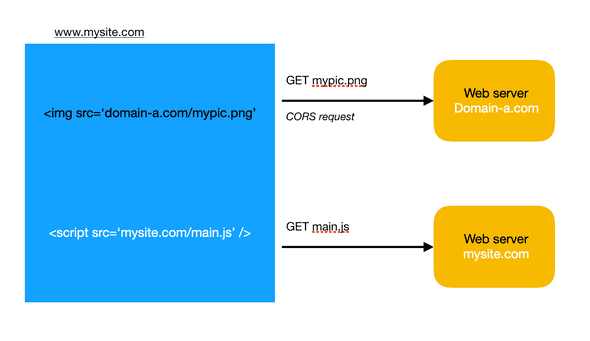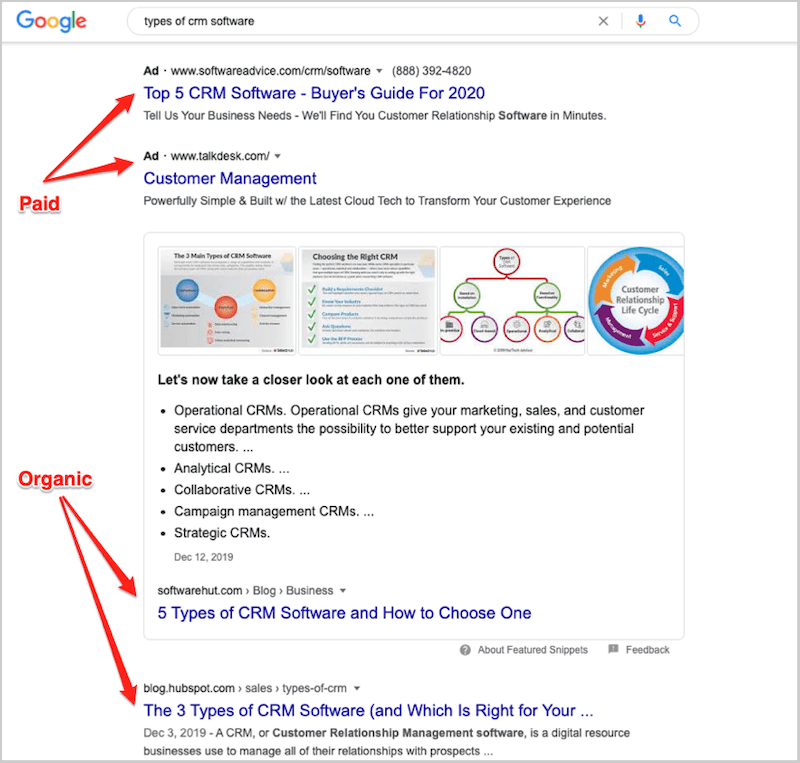There are several factors on the user side that can influence the performance of a website. These factors can range from the device and web browser being used, to the strength and speed of the internet connection, to the overall configuration of the user's computer.
One important factor is the device being used to access the website. Different devices, such as smartphones, tablets, and desktop computers, can have varying hardware and software capabilities that can impact the performance of a website. For example, a website may load faster on a newer, high-end smartphone with a fast processor and plenty of memory, compared to an older, budget smartphone with limited resources.
Another factor is the web browser being used to access the website. Different web browsers can have different levels of performance and efficiency, and can also have different levels of compatibility with certain websites. For example, a website may load faster on a browser that is optimized for speed, such as Google Chrome, compared to a browser that is less optimized.
The strength and speed of the internet connection can also play a role in website performance. A website may load more slowly on a slow or unstable internet connection, compared to a fast and stable connection. This can be especially noticeable when trying to access websites with large amounts of data or multimedia content, such as video streaming sites or online gaming platforms.
The overall configuration of the user's computer can also affect website performance. Factors such as the amount of memory and storage available, the speed and type of processor, and the presence of malware or other software issues can all impact how quickly a website loads and functions.
In summary, there are various user side factors that can influence the performance of a website, including the device and web browser being used, the strength and speed of the internet connection, and the overall configuration of the user's computer. Ensuring that these factors are optimized can help improve the user experience when accessing a website.







:max_bytes(150000):strip_icc()/what-is-industrial-organizational-psychology-2795302-final-1443d26b5151409cb79695e62422fed1.jpg)
